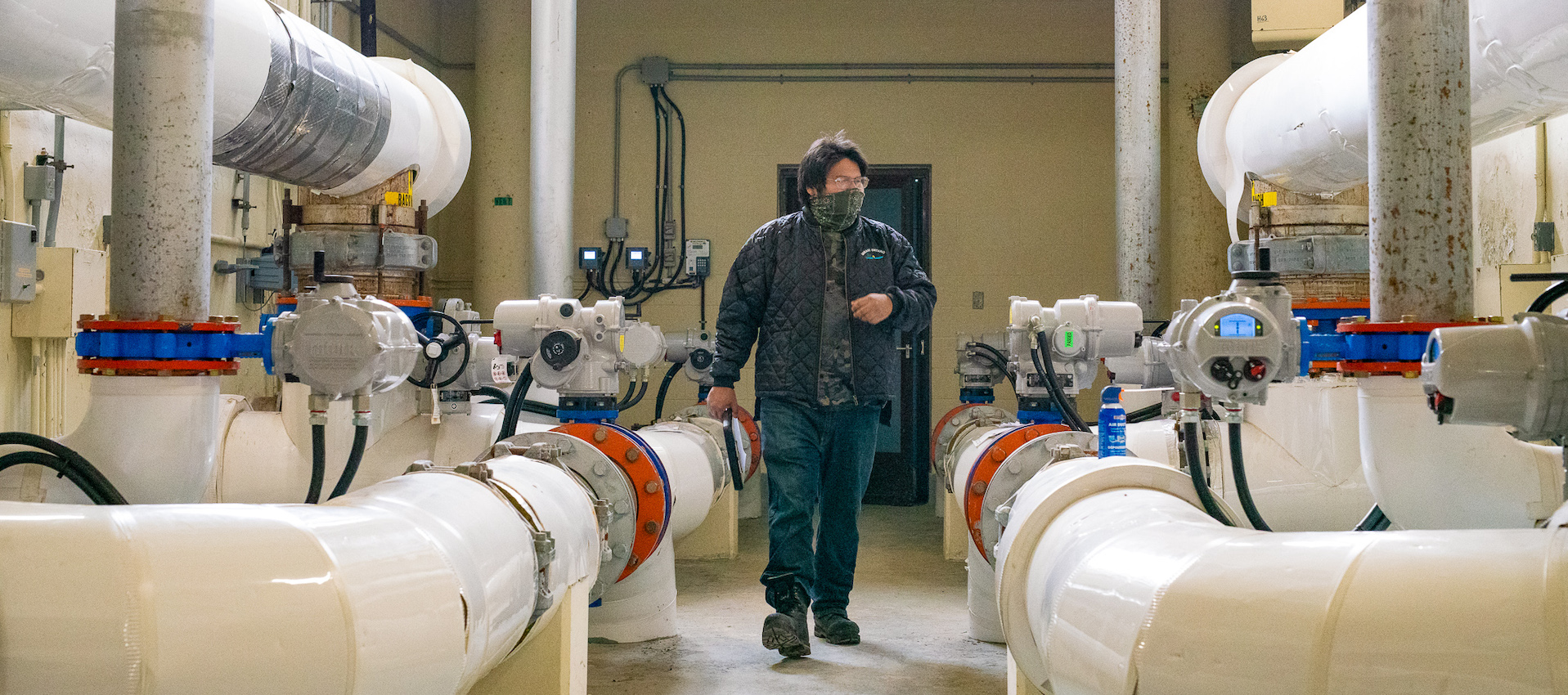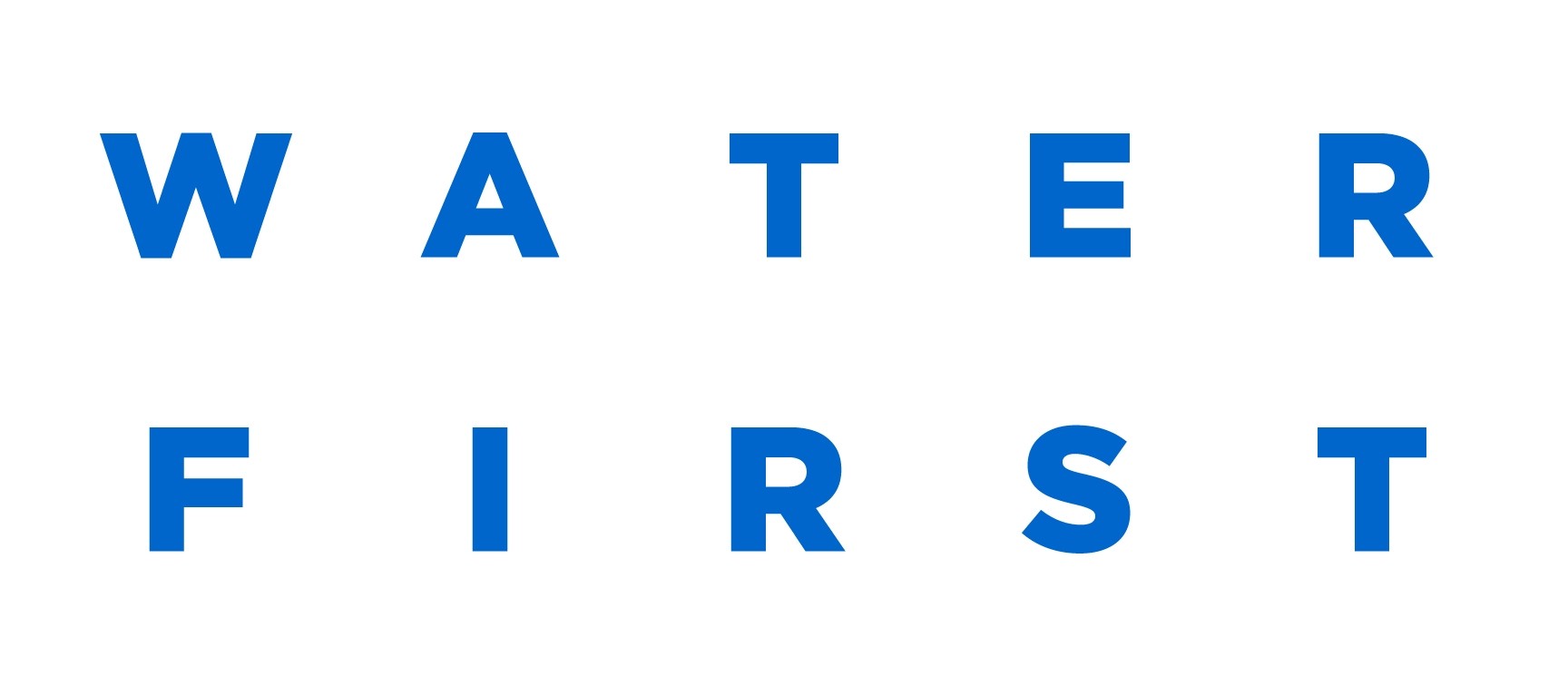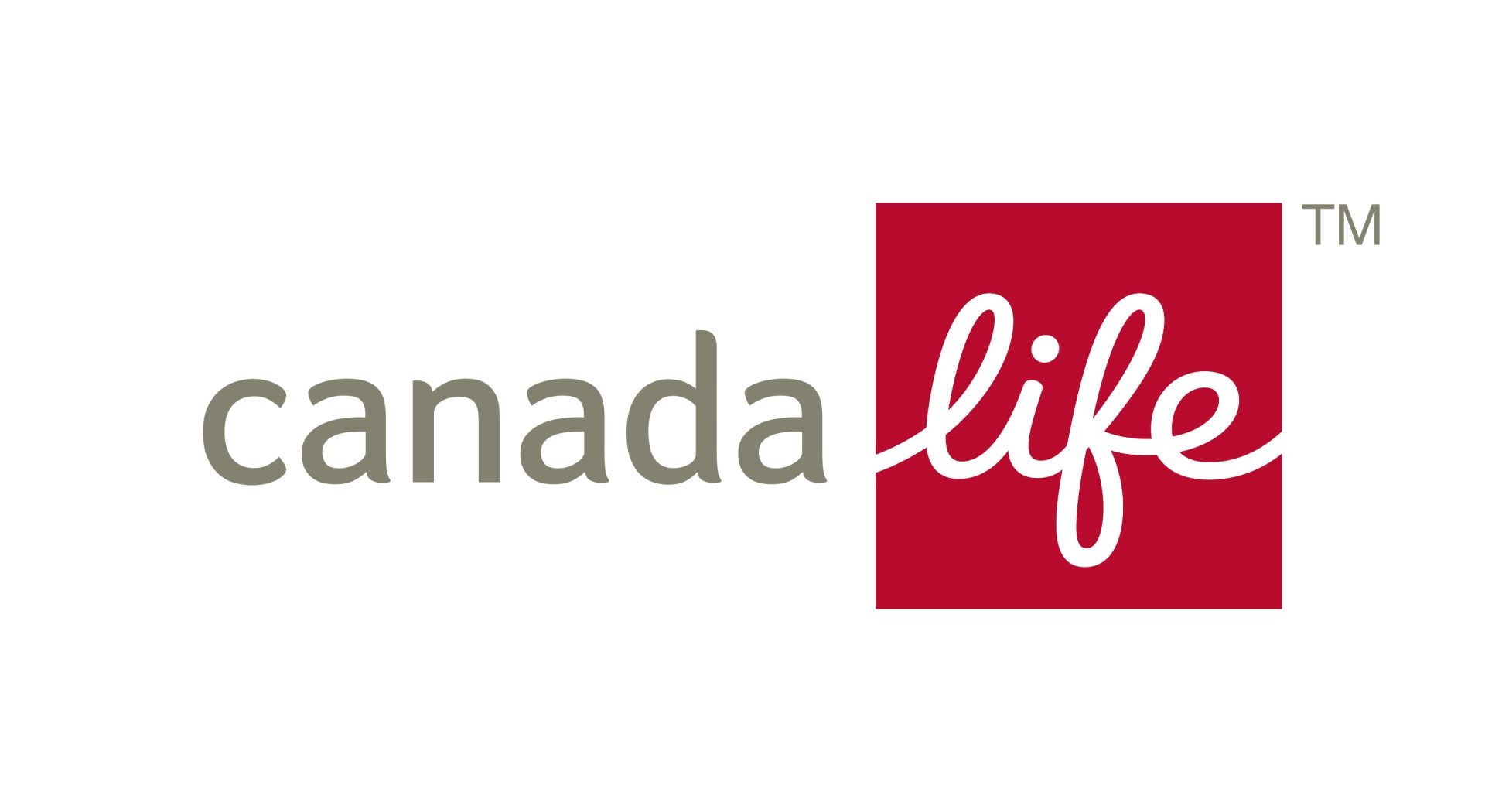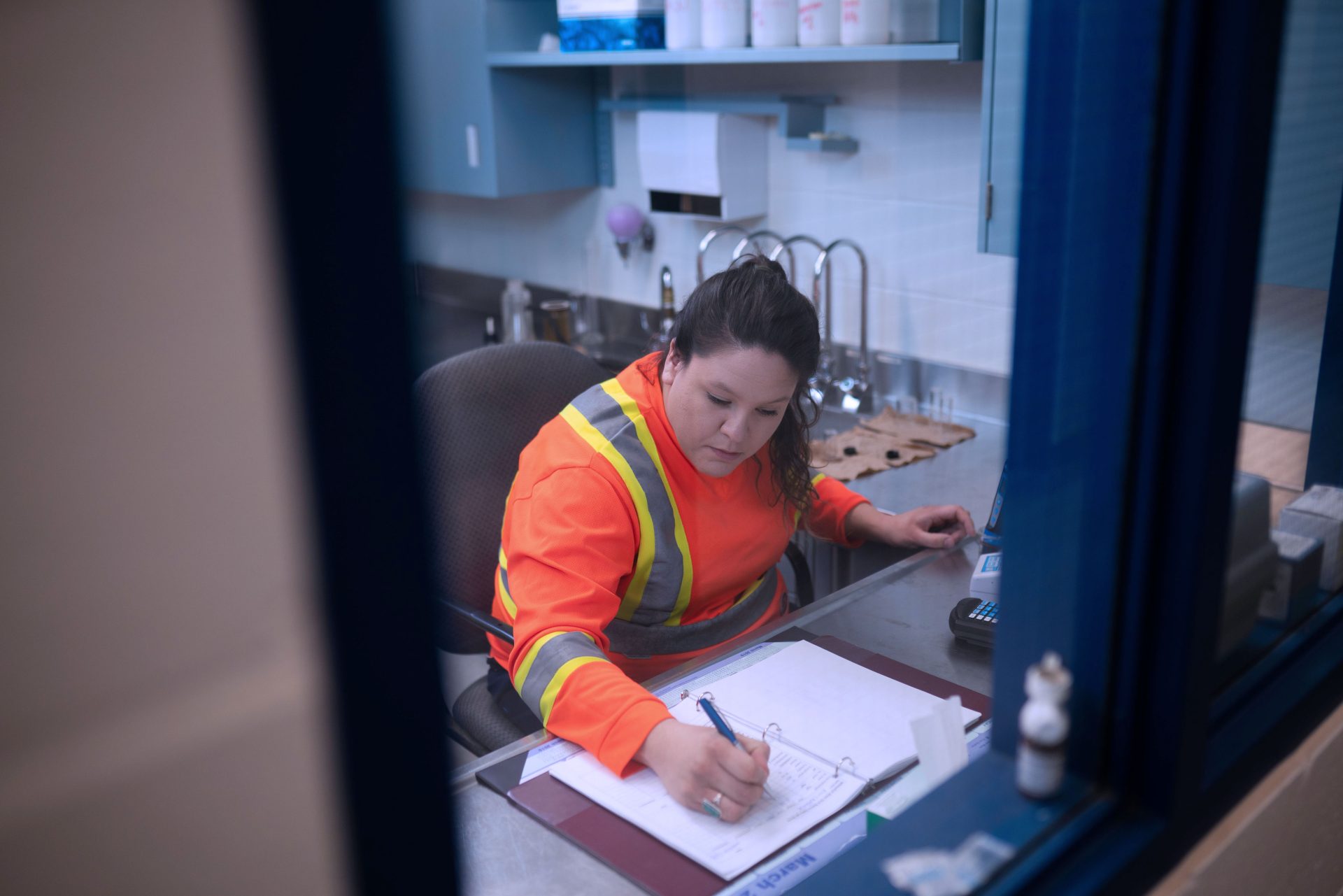Safe water can mean a lot of things
At Water First, safe water means education and training. It means building local capacity. It means skilled, passionate people working in their communities.
Sustainable access to safe, clean water in Indigenous communities continues to be a pressing issue in Canada.
Nobody understands the evolving challenges and needs more than the people who live there. Drinking water challenges are complex: in some communities, local concerns may be around infrastructure, for others, source water contamination. And numerous communities have challenges recruiting and training young Indigenous adults to join the drinking water field.
To be clear, technology and infrastructure alone do not provide clean and reliable drinking water.
The people who run and maintain the systems are critical. Existing water treatment staff are doing a great job with available resources, however many Indigenous communities in Canada have identified the need for more young, local, qualified personnel to support solving water issues, independently and for the long term.
There aren’t enough local opportunities for young Indigenous adults to gain the required training, skills, and experience to become water operators, so Water First’s Drinking Water Internship Program is designed to bring technical training opportunities directly to communities. This program supports young Indigenous adults through a locally-based, paid internship to become certified water treatment plant operators.

Our work alone is not a solution to the water crisis facing many Indigenous communities.
Supporting the training and education of water plant operators has been identified by many communities as critical to the sustainability of local efforts to provide safe & clean drinking water.
Through collaboration, the Internship is adapted with each Indigenous community partner based on local, community-identified needs. It is welcomed by Indigenous communities that view training and skill development as one critical solution to addressing local drinking water challenges.



